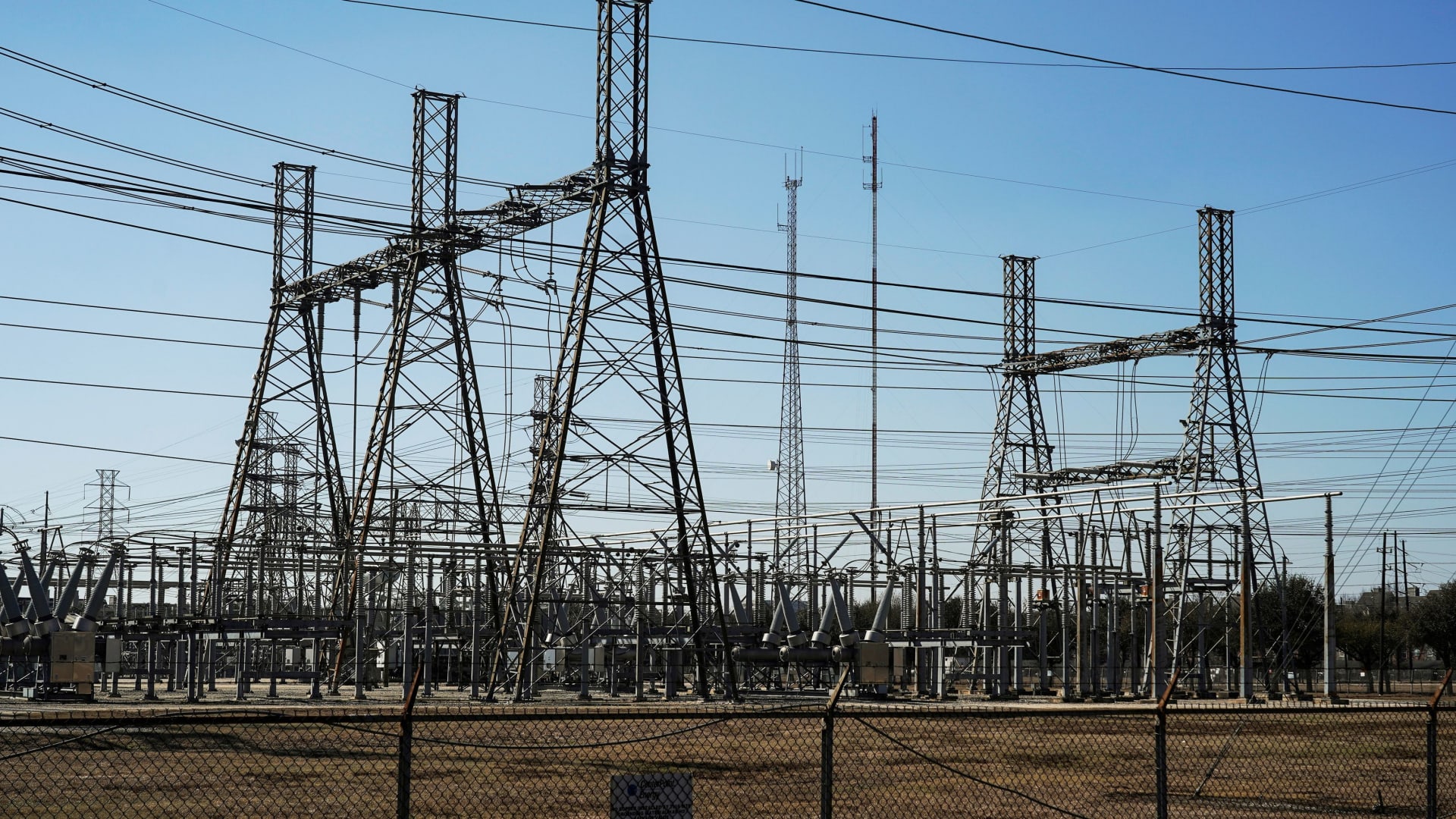Friend of mine lives in NY State. Both electricity and internet are quite bad for them. I think last year there were at least three outages in their area. I would expect better from a rich US state, honestly.
It's a huge state, though. It's about 1/6th the size of Germany. Most of the state is agricultural, with urbanization and development concentrated in just a few areas.
Other US friends told me about outages as well. Another one complained about weather-related power issues and brownouts not even two months ago, in the Great Lakes area.
I wouldn't consider the reliability of residential power to have much relation to industrial power. Residential power lines routinely go through wooded areas, whereas high-voltage transmission lines have corridors cut and maintained, so that they can't be taken out by a falling tree.
It's hard to comment on the specifics of such cases, without more detail. For one thing, people mean different things by "brown outs". Was it organized load-shedding, or something else?
In any case, semiconductor fabs are of sufficient size and scale that they're going to locate near an adequate power generation facility and secure long-term contracts to ensure stable supply. I wouldn't worry about it. You might worry about the
nature of power generation they're using, but that's another matter.
Also, energy costs are capped for both industry and private households. Plus, again, energy prices are going down again right now. Else, those plants wouldn'thavebeentaken off the grid.
Subsidies create market distortions. For every consumer who gets subsidized, somebody else has to pay more because you've lessened the disincentive of the former to reduce their consumption. Given limited supply,
somebody is going to end up getting squeezed, not to mention the taxpayer.
For that reason, they shouldn't be seen as either a broad-based or long-term solution, and certainly not
both! Not that I'm against narrowly-targeted subsidies. For instance, you don't want low-income people freezing to death or dying of heatstroke, but the real solution is to improve the energy-efficiency of their homes, while also trying to increase the energy supply.
Else, those plants wouldn'thavebeentaken off the grid.
Not true. There was plenty of opposition to removing nuclear power. The Green party was just pandering to popular misconceptions about the risks it posed. I even heard a moderated debate about this, among German politicians, on the BBC. One was a Green party member and the other was calling him hypocritical. I looked for a link to the program, but it was too long ago for me to find.
IMO, there shouldn't have been a single nuclear plant prematurely decomissioned, while there was any non-renewable power still being produced. That said, I'm aware that the US' own energy policy is even further from ideal.


